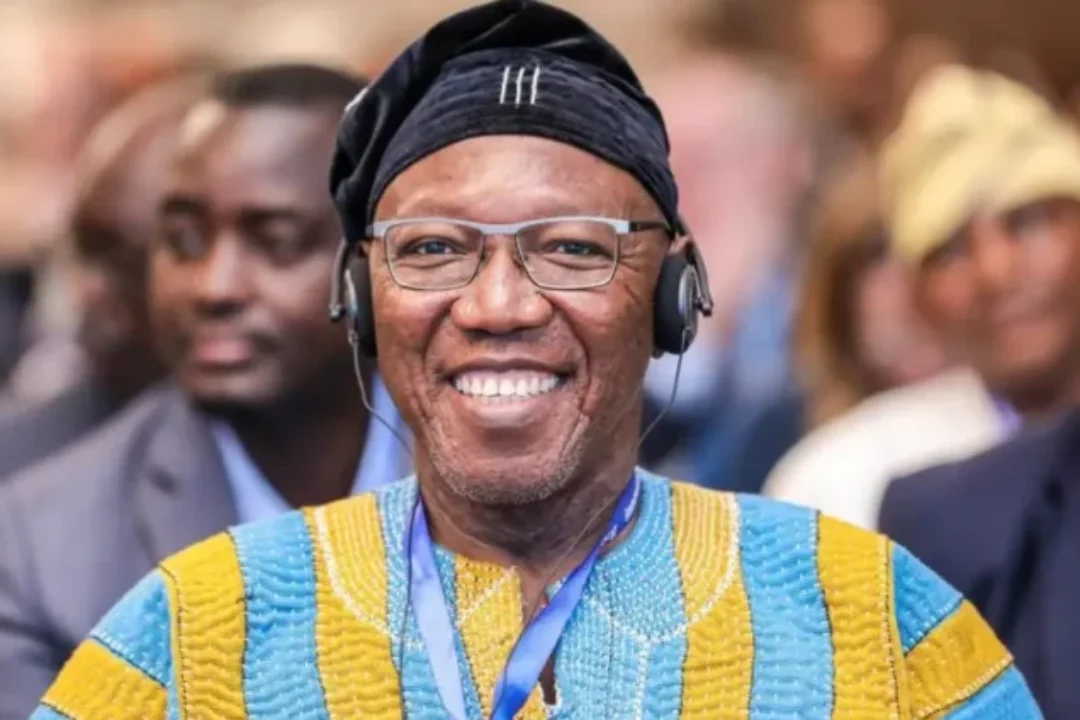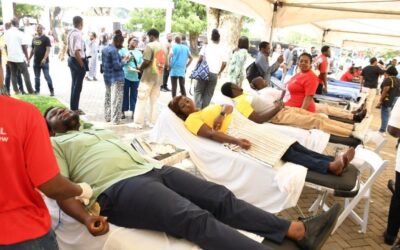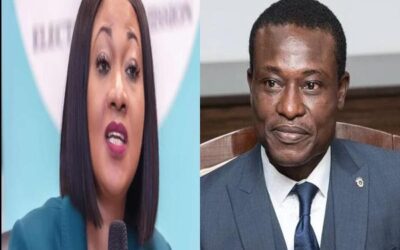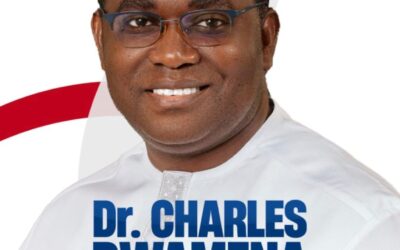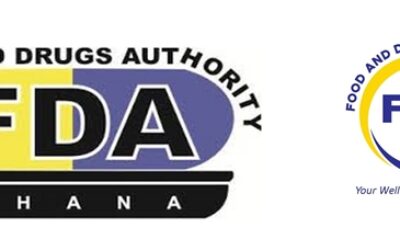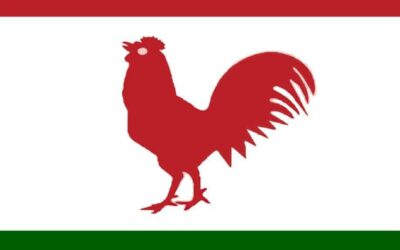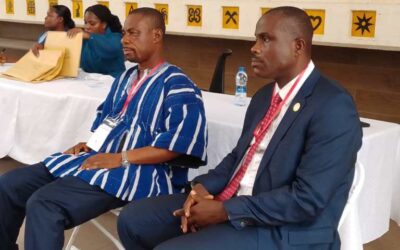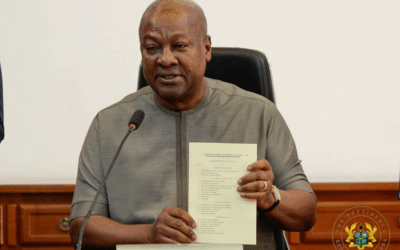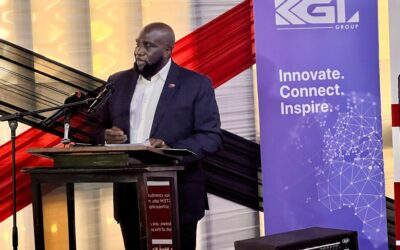The Ministry of Education has moved swiftly to quell public debate surrounding the compulsory use of Ghanaian languages as the medium of instruction in basic schools.
Deputy Education Minister Dr Clement Apaak clarified that the new directive issued by the sector minister, Haruna Iddrisu, is strictly limited to the earliest stages of basic education and does not extend across all levels.

Mr.Haruna Iddrisu,Education Minister


The clarification was delivered on Monday, October 27, 2025, at the launch of the Foundational Learning Action Tracker, following widespread public discussion and concern over the initial announcement.
Dr. Apaak stated that the minister specifically instructed him to delineate the exact scope of the mother tongue policy to resolve public apprehension.

Dr Clement Apaak

The policy is designed to reinforce foundational learning by utilising local languages during a child’s critical cognitive development years.
“The Honourable Minister for Education has asked me to clarify that the policy directive he announced on Friday regarding the compulsory use of mother tongue as a medium of instruction in our public basic schools is confined, emphasis, confined to KG up to Primary 3.”
He further summarised the scope to ensure no ambiguity remained:
“In other words, KG and Lower Primary. Having clarified what seems to have given a few persons sleepless nights, I bring you greetings,” the deputy minister said.
This means that while students from Kindergarten to Primary Three (Lower Primary) will be taught primarily in their mother tongue, instruction will transition to English in Upper Primary (Primary 4) and beyond.
Meanwhile, education experts have commended the policy’s potential but warned that its success hinges on strong governmental support and resource mobilisation. Source: Myjoyonline.com


